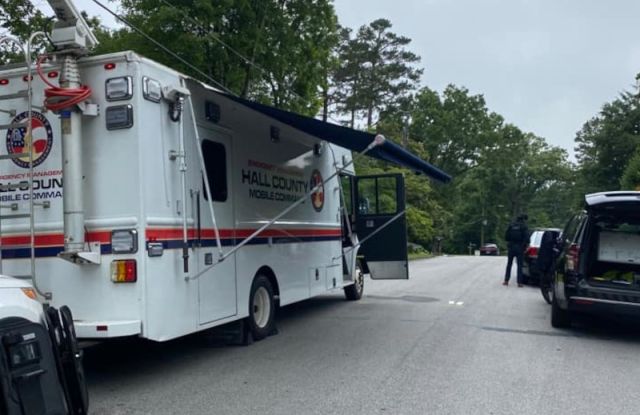In America, we design for obsolescence and throw away broken things. It costs more to fix stuff than it does to just get it new. We treat people that way too. When people get old, we hide their brokenness in retirement homes.
And if our culture is telling us that, why should we be surprised that we struggle so with our own brokenness? Brokenness is a big reality check. It tells me, “I’m not really in control here. In fact, I need more help then I realized.”
But brokenness can be good
Brokenness is God’s tool to help us embrace the reality of our need for him. Our egos guard the periphery of our inner lives, preventing us from taking anything more than a passing glance towards the care of our spirit.
God uses failure to bring us to brokenness, to force us back to the posture of dependence on him and on others. When we finally get to dependence, we have the perspective of thankfulness for small blessings.
This posture of gratitude and humility makes us more accessible to others and therefore more lovable. It strips away pretense and leads us along the difficult inner path to self-knowledge which so few dare to tread in this age of distraction and glossy self-promotion. Failure helps us move beyond the distractions of success to a place where we can deal with the reality of who we are.
It’s no fun
If we look inward, we can see the tell-tale signs of selfishness and the broken behavior it has produced. We’re forced to reconcile the idealized, ego-interpreted version of ourselves with the reality of motives and actions that are self-serving. And if we’re honest, we can see that we need the change that breaking brings.
But no one enjoys this breaking process. While it’s happening, it’s hard to see God behind the scenes allowing pain to reach a critical mass in our lives. When the throbbing reaches a certain threshold, we see that life as we’re leading it isn’t working.
At that point, something must be done – we set about trying to control or manage the pain. We can endure it if we see the reason for it. Pain that feels wasted can be devastating.
We desperately need to exhaust our personal resources and declare bankruptcy, falling on our knees in dependence before a God who is waiting to be more than our refuge of last resort. We need brokenness in the worst way. And because he loves us, God won’t stop fussing with us if he sees us stuck in self-sufficiency.
We need it
In the past, God has taken away my job, my ability to provide for my family, and the foundation for too much of my identity. Each time, I entered into a time of greater dependence on him and ultimately greater intimacy with him. I was richer for it. And I learned that people minister out of their redeemed brokenness.
God finds gold in the trash heap of our life, and once we’ve come through the brokenness, we can listen with appreciative tenderness and pray for others going through a similar trial.
Wild horses are that way – they need to be broken if they are to “partner” with their rider. Like mustangs, we need to be broken by God in order to run faster.




I especially love your opening. That’s quite insightful, also in examining how we sometimes deal with broken people, broken leaders, as well as ourselves.
Thanks, Bill.
Amen! The only way we learn humility is through mistakes, failure, and limiting experiences. When we finally recognize ‘I can’t do this’, God says, “I can…and does.”
perfect timing. I’m right now in the process of dealing with brokenness and my failures and shortcomings. It definitely has driven me to my knees and helped me to realize how easy it is to go to self-sufficiency, instead of God-suffiency.